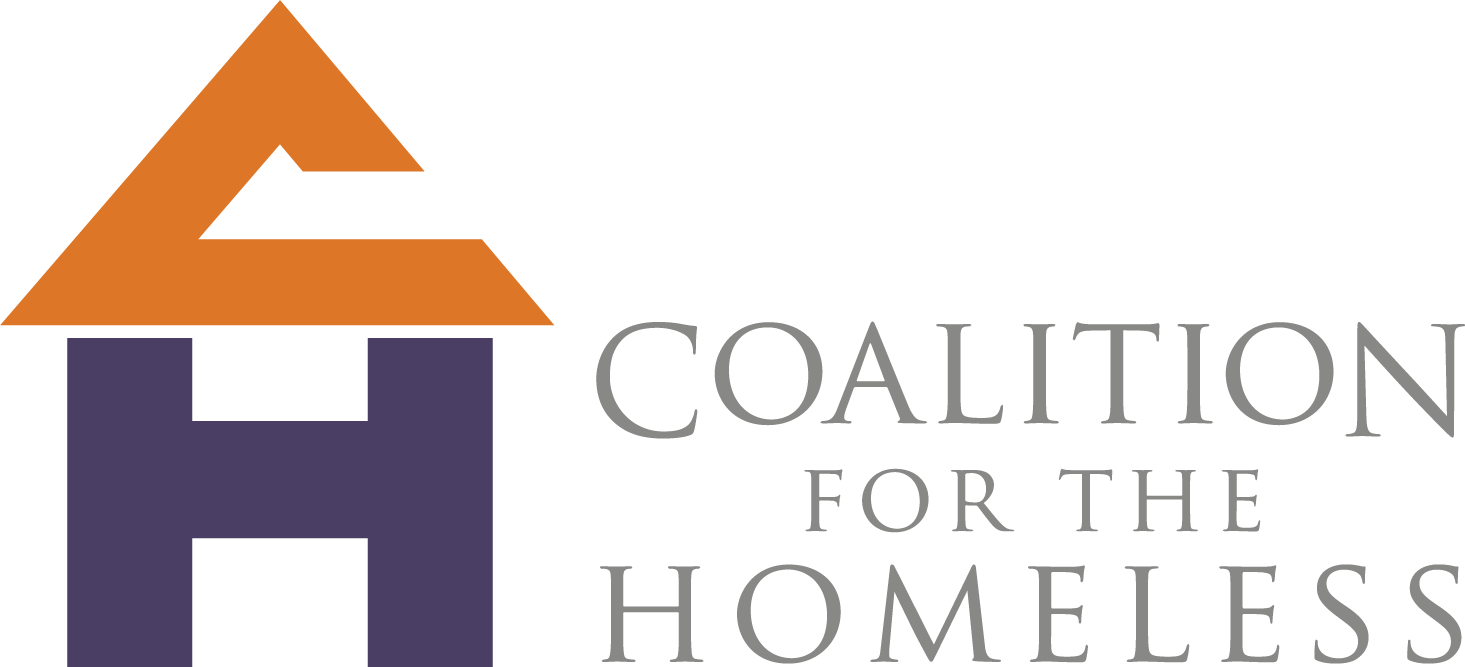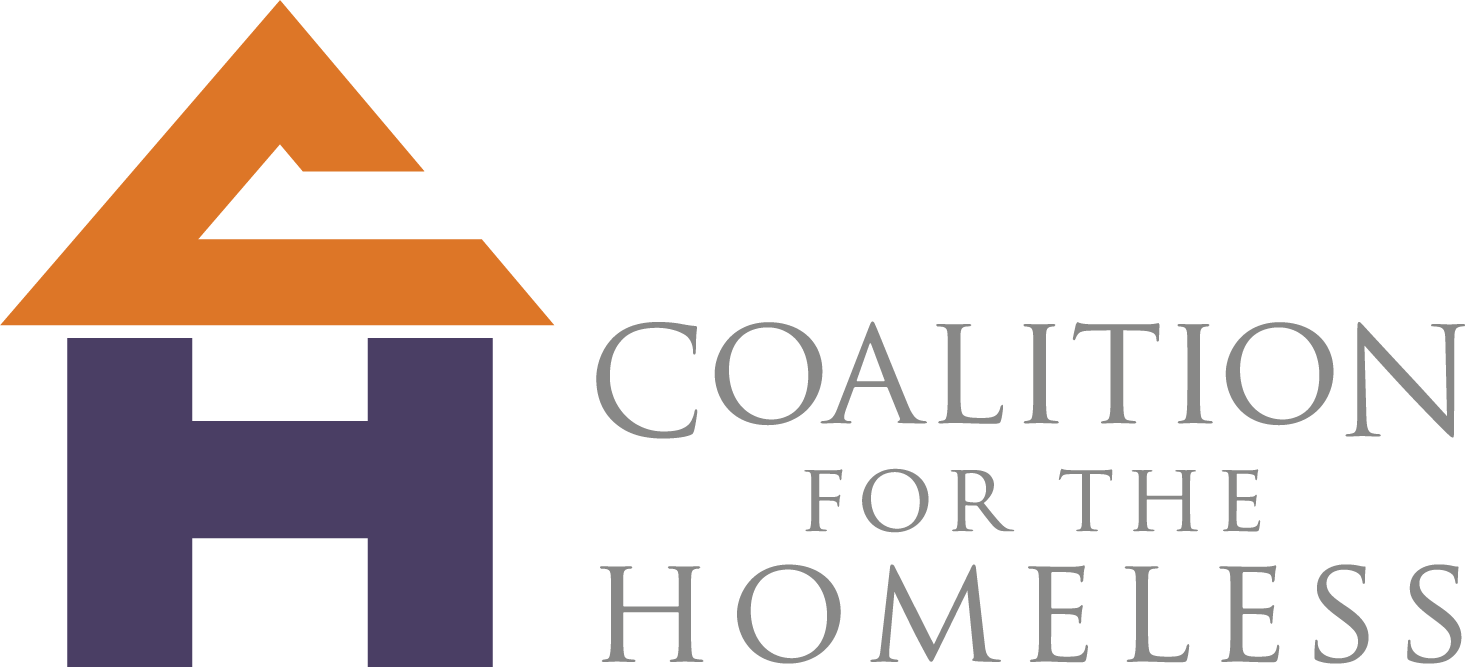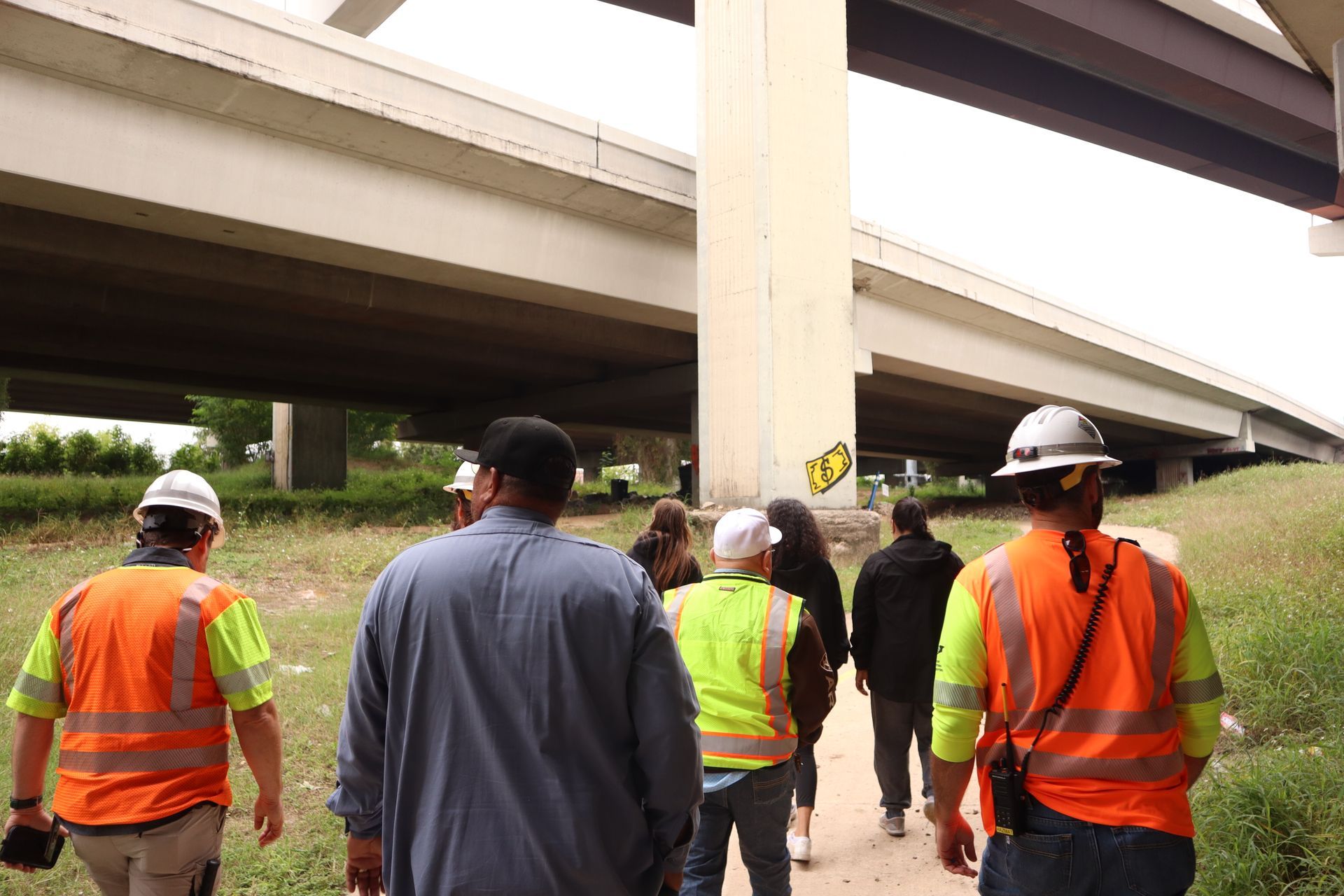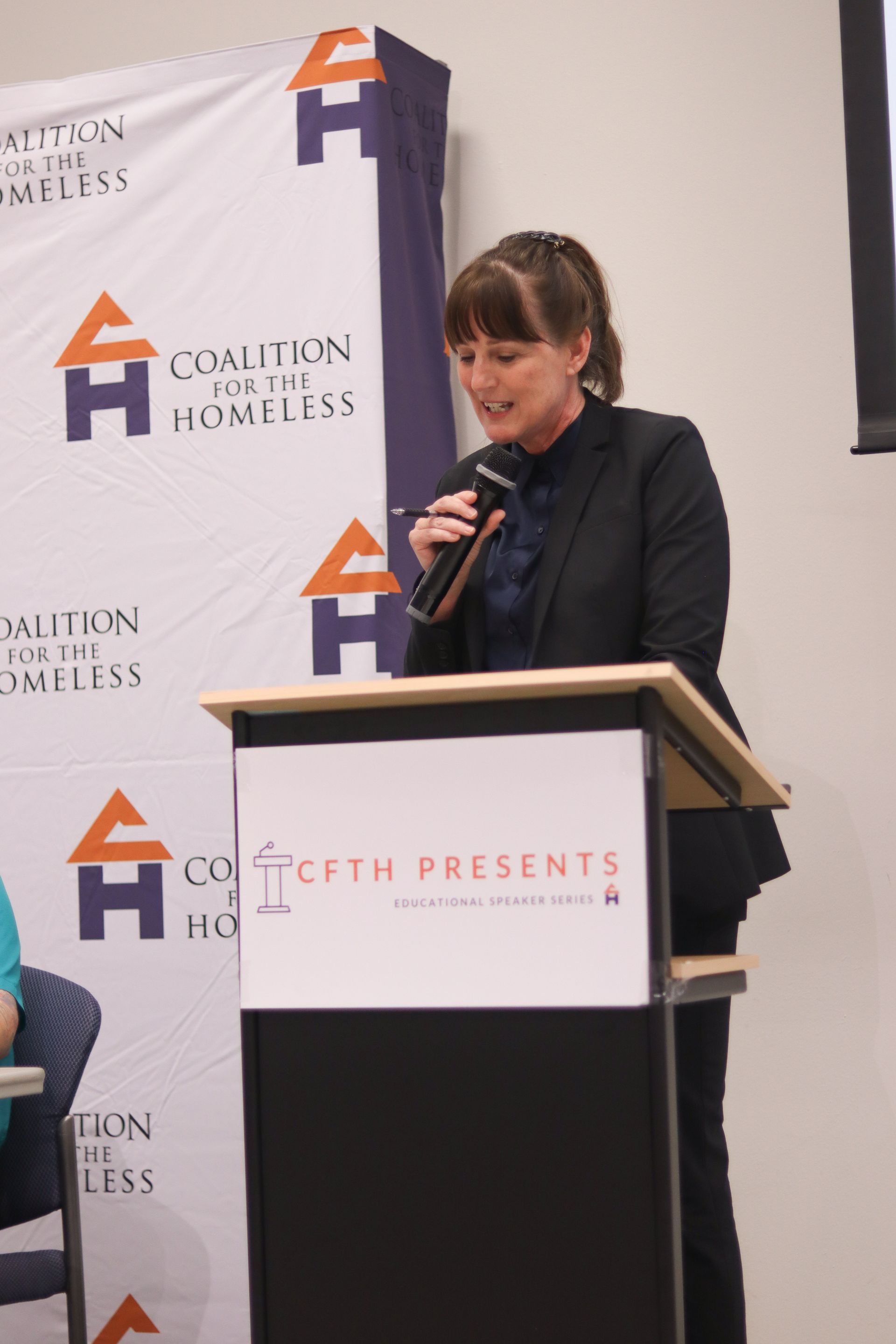Regarding the CDC's Temporary Halt On Evictions
The eviction moratorium is welcome news but doesn't go far enough to protect people living unstably housed.
"A uniform, national moratorium on evictions for nonpayment of rent is long overdue and badly needed. ... the very least the federal government ought to do is assure each of us that we won’t lose our homes in the middle of a global pandemic: the administration’s action would do so and will provide relief from the growing threat of eviction for millions of anxious families.
"But while an eviction moratorium is an essential step, it is a half-measure that extends a financial cliff for renters to fall off of when the moratorium expires and back rent is owed. This action delays but does not prevent evictions. Congress and the White House must get back to work on negotiations to enact a COVID-19 relief bill with at least $100 billion in emergency rental assistance. Together with a national eviction moratorium, this assistance would keep renters stably housed and small landlords able to pay their bills and maintain their properties during the pandemic." (Emphasis ours.)
At the Coalition, we will continue to push for Congress to pass a relief bill, and we encourage you to join us in doing so.
Is the Community COVID Housing Program (CCHP) still necessary if there's an eviction moratorium?
Yes. The CCHP is absolutely necessary to protect the health of people experiencing homelessness during the pandemic.
- One of the major components of the program involves housing people who were experiencing homelessness prior to the pandemic. It is especially important that we find permanent housing for people experiencing unsheltered homelessness (e.g., who live on the street and sometimes in encampments) so that they have a home where they can "stay home and stay safe." In addition, congregate shelter is not an ideal living situation when we are looking to limit the spread of a highly contagious virus.
- Unfortunately, in spite of the eviction moratorium, there will be some individuals and families who will still fall into homelessness as a result of the economic impacts of COVID. We will be ready to assist eligible households through CCHP as well.
- Moreover, the CDC's action does not prevent evictions; it delays them until the end of the year. The CCHP is a two-year program that will be available to assist eligible households that may fall into homelessness after the eviction moratorium has ended.
What do renters need to do to be protected?
The Texas Housing Network has a helpful guide for those seeking protections under the new moratorium.
Here are some key facts from the order as identified by Coalition staff:
What does this new eviction moratorium Order do?
Between Sept. 4-Dec. 31, 2020, Owners of properties may not:
- Evict any covered person from any residential property in any jurisdiction to which this Order applies during the effective period of the Order.
(“Covered person” means any tenant or resident of a property who provides a declaration under penalty of perjury to their landlord, or the owner of the residential property.)
What must Renters do?
Sign a declaration and give it to their Landlord.
Renters must declare they:
- Have used best efforts to obtain all available government assistance for rent or housing;
- Expect to earn no more than $99,000 in annual income for Calendar Year 2020 (or no more than $198,000 if filing a joint tax return), was not required to report any income in 2019 to the U.S. Internal Revenue Service, or received an Economic Impact Payment (stimulus check) pursuant to Section 2201 of the CARES Act;
- Are unable to pay the full rent or make a full housing payment due to substantial loss of household income, loss of compensable hours of work or wages, a lay-off, or extraordinary out-of-pocket medical expenses;
- Are using best efforts to make timely partial payments that are as close to the full payment as the individual’s circumstances may permit, taking into account other nondiscretionary expenses;
- Eviction would likely make the individual homeless— or force the individual to move into and live in close quarters because the individual has no other available housing options.
- Declaration form (via CDC): https://www.cdc.gov/coronavirus/2019-ncov/downloads/declaration-form.pdf
- Declaration from (via Texas Homeless Network [THN]): https://docs.google.com/document/d/1RGo46p-b7TO3DT8-Wvlojtr174NZkIqNLizpflhjJA0/edit
What this Order does not cover
This order does NOT:
- Relieve any individual of any obligation to pay rent, make a housing payment, or comply with any other obligation that the individual may have under a tenancy, lease, or similar contract.
- Prohibit the charging or collecting of fees, penalties, or interest as a result of the failure to pay rent or other housing payment on a timely basis, under the terms of any applicable contract.
Nothing in this Order prevents evictions based on a tenant, lessee, or resident:
- Engaging in criminal activity while on the premises;
- Threatening the health or safety of other residents;
- Damaging or posing an immediate and significant risk of damage to property;
- Violating any applicable building code, health ordinance, or similar regulation relating to health and safety; or
- Violating any other contractual obligation, other than the timely payment of rent or similar housing-related payment (including non-payment or late payment of fees, penalties, or interest).
Resources for landlords and tenants:
- COVID-19 Eviction Moratorium Flyer (English), updated 09/25/2020
- COVID-19 Eviction Moratorium Flyer (Spanish), updated 09/25/2020
- BakerRipley COVID-19 Rental Assistance Program- https://www.bakerripleyrenthelp.org/
- COVID-19 Tenant Guidance: Rent Repayment Plans https://files.hudexchange.info/resources/documents/COVID-19-Tenant-Guidance-Rent-Repayment-Plans.pdf
- Tools for Landlords with Tenants Impacted by COVID-19 https://files.hudexchange.info/resources/documents/COVID-19-Tools-for-Landlords-Tenants-Impacted-by-COVID-19.pdf
All Rights Reserved |
Coalition for the Homeless of Houston/Harris County






